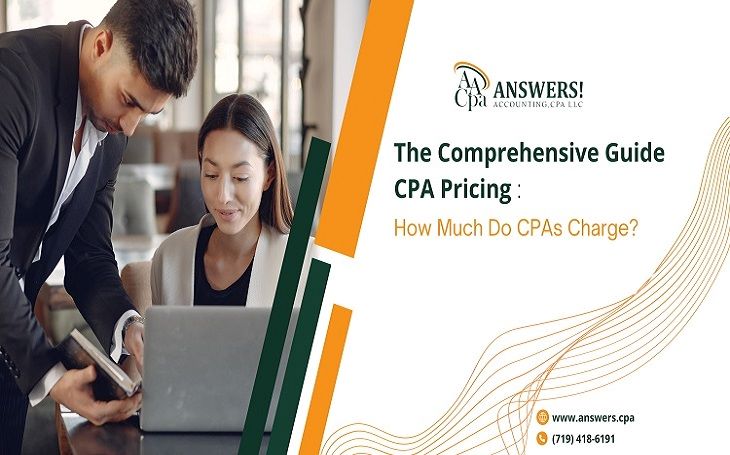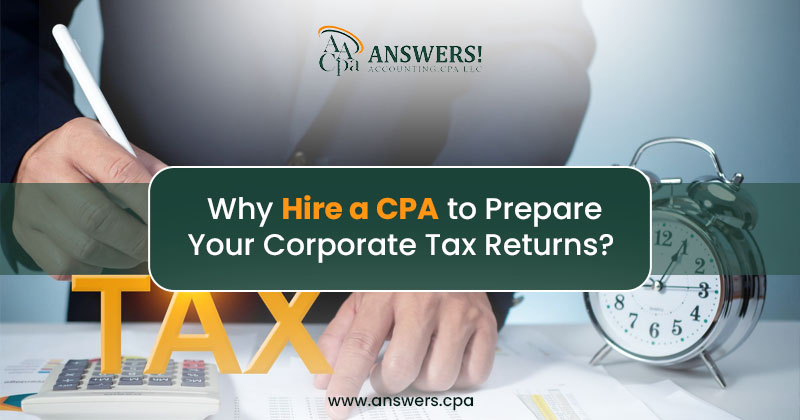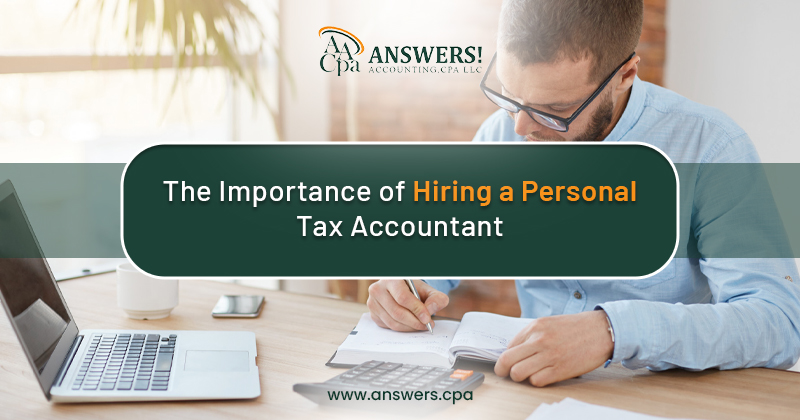How Much CPA Costs for Tax Preparation and Accounting Services
A Certified Public Accountant (CPA) plays a key role in managing personal and business finances. They prove valuable during tax season by making sure your taxes are prepared, which saves you money and keeps you on the right side of the law. Many people wonder: what do CPAs charge for their services? Let's look at what affects these costs and give you an idea of what to expect when you hire a CPA.
CPA Tax Preparation Fees: A Quick Look
When you're looking after your small business's money, you need to know how much it'll cost to hire a Certified Public Accountant (CPA) to do your taxes. The fees for CPA tax preparation can change a lot depending on a few things, so it's key to have a good idea of what you might pay. This part will give you a rundown of what affects these fees to help you make a smart choice for your business.
Accounting Services Pricing: What You Can Expect
Accounting services cover many tasks, from keeping books to planning finances. How much these services cost can change based on what your business needs and how complex those needs are. We'll explore common pricing models and what services might be included to help you get the most for your money.
Business Tax Preparation Cost: Key Factors
The cost of business tax preparation has an influence on many factors such as your business size, how complex your finances are, and what specific services you need. Understanding these key factors helps you plan and budget for these crucial accounting services.
Average CPA Fees: What Small Businesses Pay
Knowing the average fees for CPAs across the industry gives you a useful benchmark as you assess potential accounting services. This section explores the typical costs that small businesses pay when they hire a CPA, giving you a clear picture of what you can expect to be reasonable.
Cost of Hiring a CPA: Factors to Consider
When you're looking to hire a CPA, their hourly rate isn't the only thing to think about. You need to weigh the total value they'll add to your company. This part will go over the different things you should keep in mind, like the CPA's background, what services they can provide, and how their know-how can boost your business's financial well-being and success.
What Small Businesses Pay for CPA Services
Small businesses have their own special accounting needs. Getting a handle on the typical cost of CPA services in this situation can help you set your budget and know what to expect. We'll check out the numbers and patterns to give you a full picture of what you might have to pay.
What CPA Fees: Do You Need to Know?
The cost of CPA services varies based on the type of work they do. This part will explain the expenses linked to different CPA services, helping you grasp what you're paying for and why.
How Much Does a CPA Charge to Do Taxes for Small Businesses?
Tax prep is key for small businesses, and knowing the costs involved is crucial for your budget planning. We'll look at the typical fees CPAs charge for tax prep services, pointing out the factors that can affect these costs and what you should expect from your CPA.
How Much Does a CPA Charge Per Hour: Looking at Hourly Rates
CPAs often charge an hourly rate for their services. This rate can vary based on their experience, location, and the complexity of the work. This information will help you understand typical hourly rates for CPA services and determine if the quotes you receive are reasonable.
How Much Does a CPA Charge to Do Personal Taxes: Individual vs. Business Costs
People often see a difference between the cost of preparing individual taxes and business taxes. In this part, we'll talk about how much CPAs ask for personal tax preparation and compare these prices to those for business tax services.
Business Tax Accountant Cost: A Smart Move for Your Company
Hiring a business tax accountant goes beyond just following the rules. It's a smart way to manage your company's money and keep it healthy. We'll show you why spending money on a business tax accountant can help your business do well in the long run, with benefits that are worth more than what you pay.
Why You Should Invest in Professional Accounting Help
Spending money on professional accounting help can give your business big benefits over time, not just right now. Let's look at how a good CPA can make your taxes better, make sure you follow the rules, and give you useful money insights to help your business grow and stay strong.
Conclusion: Making a Smart Choice
Knowing how much it costs to hire a CPA for tax prep and accounting work helps you make a smart choice for your small business. This article lays out key points to think about, so you can weigh your options and pick the right CPA to help your business grow and succeed.








